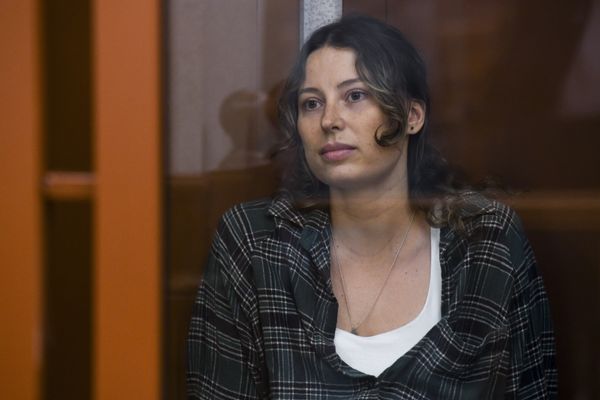
Japan’s former prime minister Shinzo Abe has died after he was shot during a campaign speech.
The assassination prompted shock and condemnation in Japan, a country with one of the world’s lowest gun crime rates due to its strict laws on gun ownership.
Abe, 67, was shot dead on Friday in the city of Nara. He was taken to hospital and was said earlier to be in a state of cardiopulmonary arrest, where he later died.
Police said a 41-year-old man suspected of carrying out the shooting had been arrested at the scene.
He remains Japan’s longest-serving prime minister, after his resignation in 2020.
Boris Johnson said the killing of Mr Abe was “incredibly sad”, adding: “His global leadership through unchartered times will be remembered by many.”
“Japan has lost a great prime minister, who dedicated his life to his country and worked to ensure order in the world,” French President Emmanuel Macron said on Twitter.
US Secretary of State Antony Blinken called the assassination “shocking” and “profoundly disturbing” and described him as a leader of great vision.
Labour deputy leader Angela Rayner said the news was “beyond tragic”.
Here is everything you need to know about Japan’s gun laws.
What are Japan’s gun laws?
Japan has close to zero tolerance for gun ownership and has one of the lowest rates of gun violence in the world.
A 1958 post-war law on the possession of swords and firearms states: “No one shall possess a firearm or firearms or a sword or swords.”
There are 13 steps to gun ownership in Japan, the first being potential gun owners must join a hunting or shooting club, then they have to take a firearm class and pass a written exam, before having a doctor state they are mentally fit and have no history of drug dependency.
The next step is to apply to take a full-day course on how to fire a gun and how to store it safely.
The potential gun owners are then interviewed by police about why they want a firearm, and they conduct a thorough background check, that involves interviewing members of the person’s family, their relationship with their neighbours, their employment history, as well as their financial status.
If they pass, they are then able to apply for a gunpowder permit and to get a certificate from a dealer about what sort of gun they want.
They then need to buy an ammunition locker and gun safe, which is inspected by police, who then do another background check.
Among the few exceptions to these rules are shotguns for hunting and sport, but, even then, prospective owners must attend classes, and pass written and practical exams, as well as psychological assessments to determine they are fit to own a firearm.
Police background checks are exhaustive and even involve questioning the gun owners’ relatives.
The 13 steps are:
1. Join a hunting or shooting club.
2. Take a firearm class and pass a written exam, which is held up to three times a year.
3. Get a doctor’s note saying you are mentally fit and do not have a history of drug abuse.
4. Apply for a permit to take firing training, which may take up to a month.
5. Describe in a police interview why you need a gun.
6. Pass a review of your criminal history, gun possession record, employment, involvement with organised crime groups, personal debt and relationships with friends, family and neighbours.
7. Apply for a gunpowder permit.
8. Take a one-day training class and pass a firing test.
9. Obtain a certificate from a gun dealer describing the gun you want.
10. Buy a gun safe and an ammunition locker that meet safety regulations.
11. Allow the police to inspect your gun storage.
12. Pass an additional background review.
13. Buy a gun.
Civilian ownership of handguns is banned. The few violations reported in the media usually involve members of the country’s yakuza crime syndicates. According to police, there were 21 arrests for the use of firearms in 2020, with 12 of them gang-related, Nikkei Asia reported.
There were six reported gun deaths in Japan in 2014, according to the National Police Agency, and the number rarely exceeds 10, in a country of 126 million people. In 2006, just two people were killed in gun attacks.
A 2022 report by the University of Washington revealed that while the US had more than four firearm homicides per 100,000 people in 2019, Japan had almost zero. The US had 4.2, Australia had 0.18, and Japan 0.02, the report found.
Alongside these laws, there are also strong curtailments on how many gun shops are allowed to open, and in each of the country’s 47 prefectures, a total of three shops can open in each.







